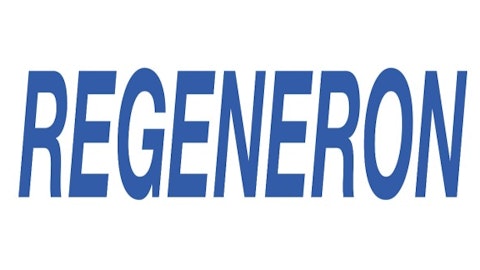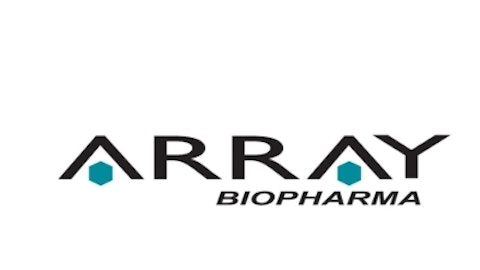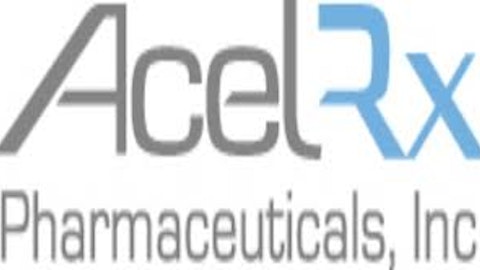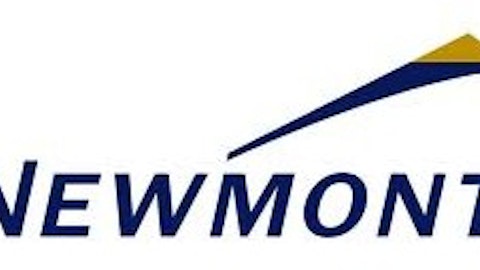It is not uncommon for a biotechnology company to be valued solely on the potential of one drug. For many small and midcap biotechs, the potential of lead drugs has already led to large stock gains. Therefore, let’s look further down the pipeline at the market’s most exciting biotechs, and determine whether future upside exists.
Treating The Disease, Not The Symptoms
Regeneron Pharmaceuticals Inc (NASDAQ:REGN) has rallied 700% since January 2011, with strong market performance from its eye drug Eylea. The drug is used to treat a rare condition that causes blindness, and is the sole reason for Regeneron’s 250% revenue growth since 2011.
While Eylea could reach peak annual sales near $4 billion, it does not support the company’s 16 times sales valuation. Investors are also excited about the company’s large pipeline of 12 candidates.
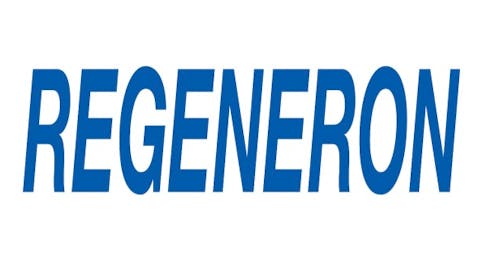
Moreover, Dupilumab, a Phase 2 asthma drug, is creating quite a bit of investment buzz. Unlike most asthma medications, which simply alleviate the symptoms, dupilumab is believed to treat the disease.
A Phase 2, 12-week study split a pool o f 104 patients equally into a dupilumab and placebo group; only 6% experienced an asthma attack when treated with dupilumab, versus 44% on placebo. In short, Dupilumab created an 87% reduction in asthma attacks.
Dupilumab is being tested to prevent asthma attacks, rather than as a treatment once the outbreak occurs. This approach could be very lucrative, as 25 million Americans suffer from asthma. This product will be watched closely in Phase 2 trials over the next year. If successful, sales could top $5 billion annually.
A Blood Cancer Powerhouse
Pharmacyclics, Inc. (NASDAQ:PCYC)’ five-year 6,500% return has been solely related to its potential blockbuster drug ibrutinub. This drug is being tested in several lymphoma studies, and is believe to be the most diverse drug of any blood cancer treatment, which separates ibrutinub from other blood cancer drugs in the market.
Lymphoma is a disease of the blood cells that aid in our ability to heal, making this ailment difficult to treat. But Pharmacyclics, Inc. (NASDAQ:PCYC)’ drug blocks an enzyme that controls how these cells act and move. This process makes the disease easier to attack, and has allowed Pharmacyclics successful in treating various types of lymphoma.
While ibrutinub’s bid for FDA approval is creating most of Pharmacyclics, Inc. (NASDAQ:PCYC)’ headlines, the company also has Abexinostat. The workings of this drug is complex, but it essentially induces widespread biological changes to several forms of lymphoma, making the disease easier to treat.
Abexinostat is being tested in an ongoing Phase 2 trial for both follicular and mantle cell lymphoma. In 2012, Pharmacyclics, Inc. (NASDAQ:PCYC)reported a 64% response rate in treating follicular lymphoma, and also a good safety profile.
If successful, Abexinostat would have good synergies with ibrutinub, which is also a lymphoma drug. Analysts believe peak sales over $1 billion for abexinostat would be likely, and possibly higher depending on new indications. Combined, Pharmacyclics, Inc. (NASDAQ:PCYC) would be the clear market leader in treating lymphoma, a rapidly growing cancer.
There’s More Than Just Exon-Skipping
Sarepta Therapeutics Inc (NASDAQ:SRPT)’ one-year 930% gains have all surrounded the data and upcoming FDA approval of eterplirsen. This drug treats a disease called Duchenne muscular dystrophy, which results in lost muscle function.
Eterplirsen uses an exon-skipping technology to change the physical function of patients who suffer from this horrible disease. Patients who took eterplirsen were able to walk further than those on placebo and maintained their walking function after 74 weeks. According to analysts, peak sales of eterplirsen could exceed $600 million annually.
Sarepta Therapeutics Inc (NASDAQ:SRPT)’s eterplirsen skips the exon 51, which is a process that allows Sarepta to up-regulate or down-regulate specific genes and proteins associated with a disease. The company is also using its exon-skipping technology on exons 45, 50, and 53 in preclinical studies to treat other rare diseases. However, the company also has a pipeline to treat infectious diseases, and data surrounding its Phase 1 candidate AVI-7288 could be the next catalyst.
AVI-7288 is being developed to treat the very deadly Marburg virus. In a previous study, AVI-7288 demonstrated a survival range between 83% and 100% in four different cohorts. The placebo group had a zero percent survival.
As a result, the company is progressing, and was recently granted an FDA Fast Track designation. If further testing supports the previous study, AVI-7288 could see a speedy FDA approval. In addition, Sarepta Therapeutics Inc (NASDAQ:SRPT) would validate its infectious disease pipeline much like its exon-skipping approach.
Conclusion
In biotechnology, one product may grab investors’ attention — but the pipeline keeps that attention.
Regeneron Pharmaceuticals Inc (NASDAQ:REGN)’s Dupilumab treats asthma, and has already shown strong clinical data to-date. Dupilumab’s peak sales could push Regeneron’s stock higher, making it an important drug to follow. As for Pharmacyclics, Inc. (NASDAQ:PCYC) and Sarepta Therapeutics Inc (NASDAQ:SRPT), both have products in early development, but promising nonetheless, and will be interesting to follow in the years ahead.
Sherrie Stone owns Regeneron. The Motley Fool has no position in any of the stocks mentioned.
The article Is There Pipeline Potential in These 3 Biotech Stocks? originally appeared on Fool.com.
Copyright © 1995 – 2013 The Motley Fool, LLC. All rights reserved. The Motley Fool has a disclosure policy.
